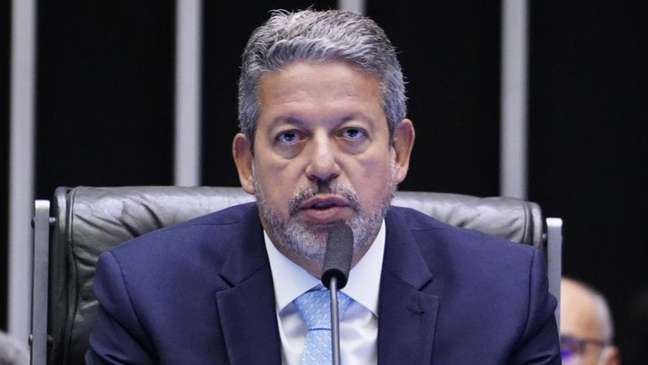The issue had a quick pass in the Senate, but took a while to advance in the House due to policy differences – and was finally passed in the first round Tuesday night (20).

The Chamber approved in the first round this Tuesday (20/12), with 331 votes in favor and 168 against, the so-called PEC (Proposal for Constitutional Amendment) of the Transition, which provides for the enlargement of the public expenditure ceiling by R $ 145 billion next year. The measure will allow the government of President-elect Luiz Inácio Lula da Silva (PT) to make possible the payment of Bolsa Família in R $ 600 next year, a campaign promise.
The first round approval took place around 11pm on Tuesday. The second round of voting is scheduled for this Wednesday (21st). Since it is PEC, the text must receive at least three fifths of the votes in each of the two sessions.
Since it has undergone changes, the text must go back to the Senate. A PEC does not require a presidential sanction.
The provision has had a deadline modified by the federal deputies and will be valid only for one year. The certified e-mail with a two-year duration was approved in the Senate.
From the outset, the goal of the elected government was to leave the Bolsa Família payment of R$ 600 off the spending ceiling and a bonus of R$ 150 for every family with a child up to the age of six during the four successive years of Lula’s term.
On Sunday (18th), Minister Gilmar Mendes decided that the aid could be outside the spending ceiling and could be financed by extraordinary credits. Mendes’ decision complied with an injunction filed by the Rede Sustentabilidade party. The minister argued that the fight against poverty and assistance to the homeless are constitutional duties.
However, the transition team and the president-elect continued to prioritize the congressional vote.
The Transition PEC is believed to be important for the new Lula government because it allows it to deliver on its promise to maintain the value of Brazil aid without violating the Fiscal Responsibility Law (LRF), which could lead to possible impeachment calls.
Furthermore, with the enlargement of the expenditure ceiling for the disbursement of aid, the government will be able to use the space that will be opened up in the budget to recompose funds for other programs, such as popular pharmacies, as well as increase funds for school canteens. .
Approval delayed in the House
In the Senate, the PEC was approved on 7 December with 64 votes in favor in two rounds (16 against in the first round and 13 against in the second).
But bringing the proposal forward in the House had more difficulties. MPs had used the vote to negotiate counterparts with the new government.
Among the factors held responsible for the delay in the vote on the PEC are the attempts by parliamentarians to keep the so-called “secret budget” intact and the alleged pressure exerted by Lira and other leaders of the Centrão for positions in the new Lula government.
“Secret budget” is the nickname given to amendments by the general rapporteur for the budget which allowed for the allocation of EU resources without full transparency as to who the parliamentarians were responsible for making the appointments. It has been one of the main support mechanisms of the Bolsonaro government over the past two years.
On Monday (19), the secret budget was found unconstitutional by the Supreme Federal Court (STF).
The STF decision limits the use of the rapporteur’s amendments, now permitted only in very specific situations, to correct errors and omissions in the annual budget bill. In practice, it breaks down the secret budget, taking away bargaining power from Congress.
– This text was published in https://www.bbc.com/portuguese/brasil-64045300
🇧🇷The best content in your email for free. Choose your favorite Terra newsletter. Click here!
Source: Terra
Camila Luna is a writer at Gossipify, where she covers the latest movies and television series. With a passion for all things entertainment, Camila brings her unique perspective to her writing and offers readers an inside look at the industry. Camila is a graduate from the University of California, Los Angeles (UCLA) with a degree in English and is also a avid movie watcher.





